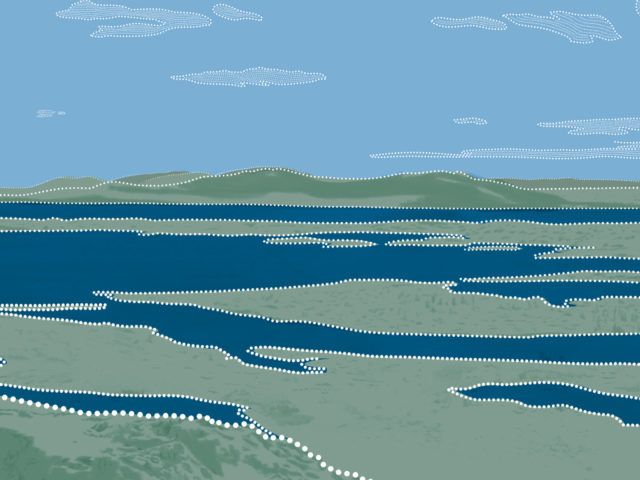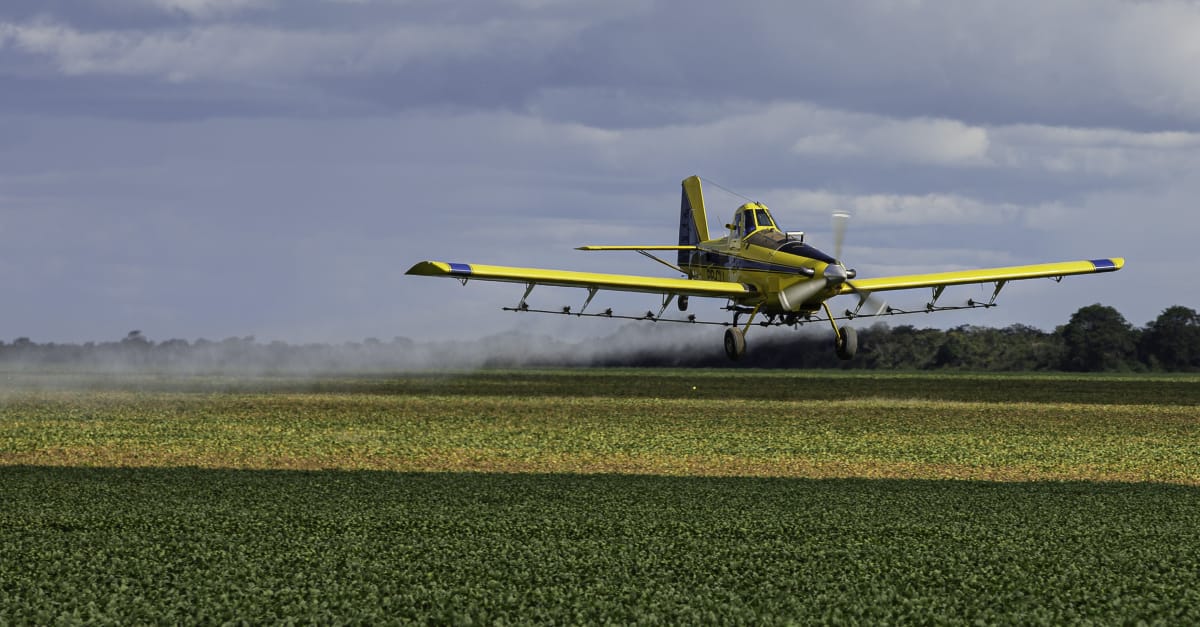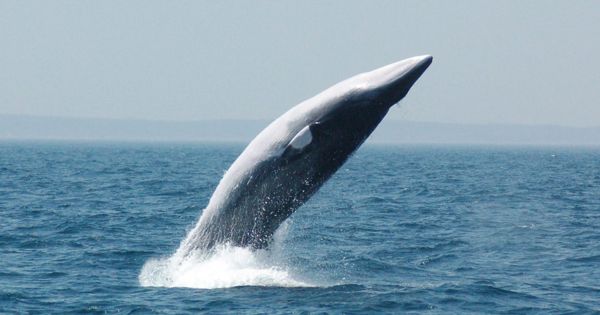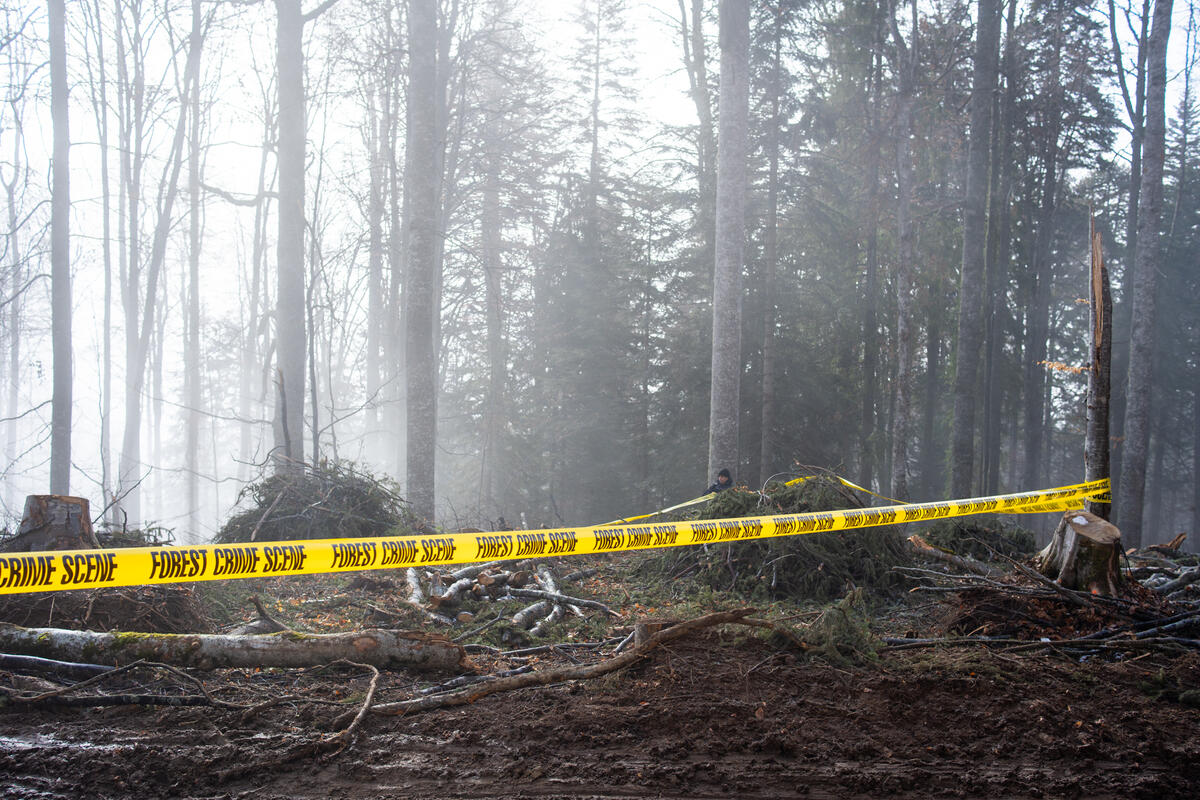- DEN Enews
- Posts
- DEN Enews
DEN Enews
Fifth Week after Pentecost


Enjoy your early morning beverage in your favorite spot, preferably outside listening to the birds, and pull up the resources listed below. Maybe jot a few notes down of ideas to use in September.

There is a movement afoot to avoid planting non-native and/or invasive plants. The link below is an excellent guide for native plants.


Grandmother Birch has shared in her newsletter information about this beautiful shrub.

A cascade of sweet, lightly scented blossoms in our pagoda dogwood (Cornus alterniflolia) grove. Presently the grove is alive with the joyous humming of hundreds of native pollinators. Alternate leaf or pagoda dogwood is an important source of nectar and pollen for our struggling bee friends; and the late-summer clusters of black berries are quickly devoured by song birds getting ready for their fall migration. This native botanical is architecturally brilliant and makes a perfect understory shrub in a forest garden guild, or a pleasing centre-piece in your landscaped yard.

with thanks to Eva Evans and Jesse Hamilton
Indigenous Peoples make up less than 5% of the total human population, but they support about 80% of global biodiversity. The impacts of the biodiversity and climate crises are most heavily borne by Indigenous and other racialized peoples. June 21st was National Indigenous Peoples Day in Canada, and this petition is asking our federal and provincial governments to properly implement the United Nations Declaration on the Rights of Indigenous Peoples. Add your voice to support strong laws and policies that advance protection and restoration of land and the rights of Indigenous Peoples.
Pesticide spraying attacks are taking place in Brazilian states. Environmental and human rights organizations have confirmed that water sources are being contaminated by these agricultural toxins. The soy industry has expanded rapidly in the region over the past few years, and this year spraying by planes and drones has increased. The toxic fog settles on surrounding crops and livestock, forests, rivers, waterways, people’s homes and bodies. It is poisoning life and causing sickness, destroying food security, and is a weapon to drive people off their land. This petition is for the people in the Timbiras district of Maranhão state, Brazil. Please join in on calling their government to urgently ban aerial spraying.
Recently, Iceland issued a millionaire a licence to murder 128 vulnerable fin whales. Citizens from around the world are horrified by the continuing whale hunt and the needless violence against our world’s second largest mammal. Fin whales are capable of communicating through song, feeling love, and experiencing deep emotional suffering. The Icelandic government is feeling the pressure. The key minister admitted she doesn’t agree with whaling but says the law forced her to grant the licence. Brave lawmakers plan to try to repeal that law and your signature can help. This petition is aiming to reach 2 million signatures that will be sent to Iceland's Prime Minister, Fisheries Minister, and all members of the Icelandic government and parliament.
We know our lives depend on nature being healthy, but we are on a path of mass production and overconsumption that is driving its destruction. Companies like IKEA have a chance to step up and show an understanding and responsibility. The Carpathian forests are filled with old-growth and other high conservation value forests that play a vital role in our planet’s health and the global fight against the climate crisis. These forests are home to Europe’s largest population of brown bears outside of Russia. Lynx, wolves, wildcats, and European bison roam this forest along with the around 140 species of birds that populate the trees and skies. Send this message to the CEO of Inter IKEA group, who is sourcing wood from old growth forests here. Let’s tell them to clean up their supply chain and stop being destroyers of the Carpathian forests.
Climate change and inequality are growing challenges requiring urgent action. There is a need to upgrade the outdated international finance system in order to free up billions of dollars which can assist in addressing these crises. Wealthy countries need to increase their funding and deliver on the promises they've made. A new global solidarity tax on the biggest carbon emitters can provide urgent support for those on the frontline of the climate crisis. The numbers are staggering with billions of people at risk of displacement, hunger, increasing economic instability, and more. Let’s demand action from world leaders and financial institutions today to create a sustainable, equitable, and just future.

with thanks to Claudia Zinck
A Gift of Seeds
This may be a repeat story if my article is printed in the Times, but it is a story I feel should be spread on any medium we have.
It all started with my friend Mary’s son’s girlfriend who works on a farm near Truro. She heard about our planting kits and gifted us this large box of sunflower seed packets. How many seeds? We think it was 750 packets of Cheerios-sponsored sunflower seeds, loosely counted.
I smiled and nodded and thanked them for thinking of us. Then I came into the house lugging this box and thinking, “How am I going to spread these seeds to people?”
The answer was easier than I thought. I bundled up packs of seeds and took them to our Rogation service where they disappeared. Sending our four and six-year-old boys out with a basket of seeds; no one refuses to receive them.
Our priest-in-charge suggested I package up seeds for our neighbours in the Parish of Hubbards and the Parish of French Village. She also took a hundred for the cathedral.
I called the Parish of Chester who accepted another hundred. I contacted the United Baptist Church in Chester which has a large Sunday School, and they took another hundred. The remainder were tied in packs of three and taken to a Recycling Day in East River where they disappeared.
Within 5 days and within 80 km, 750 packs of seeds were distributed. They were gone, just that fast! I ran out of seeds before I ran out of places to send them.
Then I thought, “How can we use this to help our planet?”
It all started with free seeds. Now where can we get free seeds another year? I bet all the seed savers may keep some for us. Maybe farmers would have a five-pound bag of corn seed or whatever seed crop they planted left over. Maybe more companies sponsor seeds. It needs to be simple, not take much work yet help the people, birds, or pollinators.
The Diocese of Nova Scotia and PEI have a solid network where small parcels like a hundred packs of seeds could be passed from one parish to another.
Then I remembered the year my daughter “planted” seed from the bag of the chicken’s “scratch” food and my flower bed came up in a beautiful display of barley, rye, oats, and corn. How far would a bag of “scratch” go?
Next, I was gifted a quarter to half a kilo of spinach, Swiss chard, and beets I have learned from another group to buy small coin envelopes and then get a stamp so sowing instructions are inked on each envelope.
It is easy to have grand plans; but harder to accomplish them. Let us think of starting small. Either buying or making your envelopes, could your parish accomplish twenty or more envelopes to give to your congregation next spring? Could you do twenty more packets to send to a neighbouring parish?
I request that we consider our neighbour parishes on all sides of us. Consider getting a bag of “seed,” any seed. and then make seed packets and share them.
A packet of mixed grain seed thrown behind a shed may just help nature enough, to turn a corner on the planet’s ailments.
Start where you are. Use what you have. Do what you can.
Gardening
I planted veggies for that first hodgepodge meal in big containers. Hopefully, the deer will stay away. These plants are watered and fussed over more than the rest of the garden in hopes of early veggies.
If you use a dehumidifier in your basement, remember that a bucket of water from this machine is great for watering your plants. Every morning, I empty my dehumidifier bucket into my rain barrel. Every night I fill my drip irrigation bottles from that rain barrel. We need more rain.
Toy Boats
I put everything in this picture except the pack of three corks. This Sunday, I plan to make toy boats with the three boys. If I take a basin and water to the church, they could play out on the step during the sermon.

Something to eat.
Grandma needs your help. Going through our All-Saints Cookbook (Bayswater, NS), I came across another odd recipe called, (sigh) The Real Crazy Cake. It was one of those from the seventy’s where making anything a different way was considered good fun.
We need a better name folks. This is an easy, good chocolate cake. Who can help me here? Send any name ideas to [email protected]
Real Crazy Cake
Oven at 350
Mix dry ingredients in ungreased 9 x 13 pan.
3 cups flour
2 cups sugar (I use 1 cup and sometimes reduce further and add honey)
6 tbsp cocoa
2 tsp baking soda
Salt
Make 3 wells in the dry mixture.
Put ¾ cup melted shortening in one well.
2 tbsp. Vinegar in the second
2 tsp. vanilla in the third
Pour two cups of cold water over the mixture and stir until the batter is smooth.
Bake 50-60 minutes at 350.
There needs to be a better name! I sometimes make a lemon sauce to pour over it.
Lemon Sauce
1 cup water
½ cup sugar
¼ cup lemon juice
2 tbsp. butter
Heat to boiling in a saucepan. Put cornstarch in a bit of water to dissolve and then add to lemon mixture. Stir till thickens and remove from heat.








